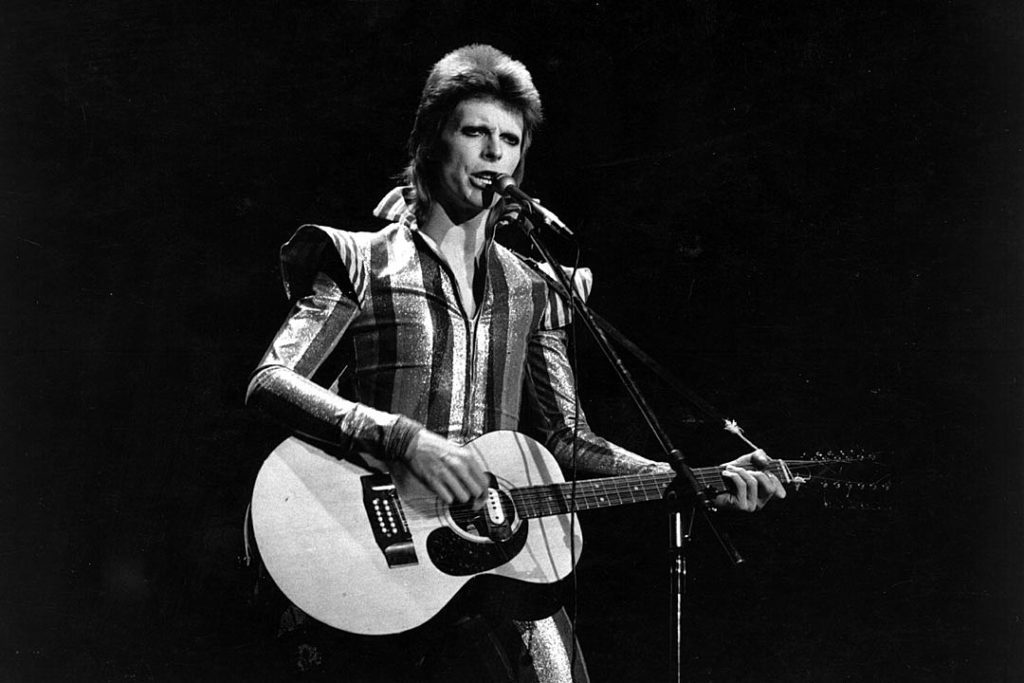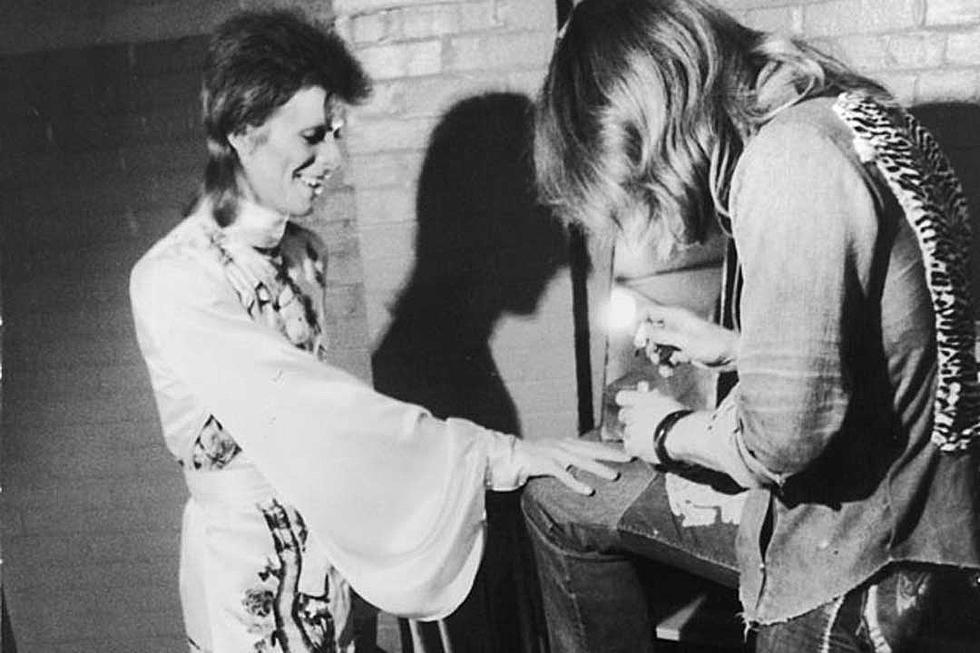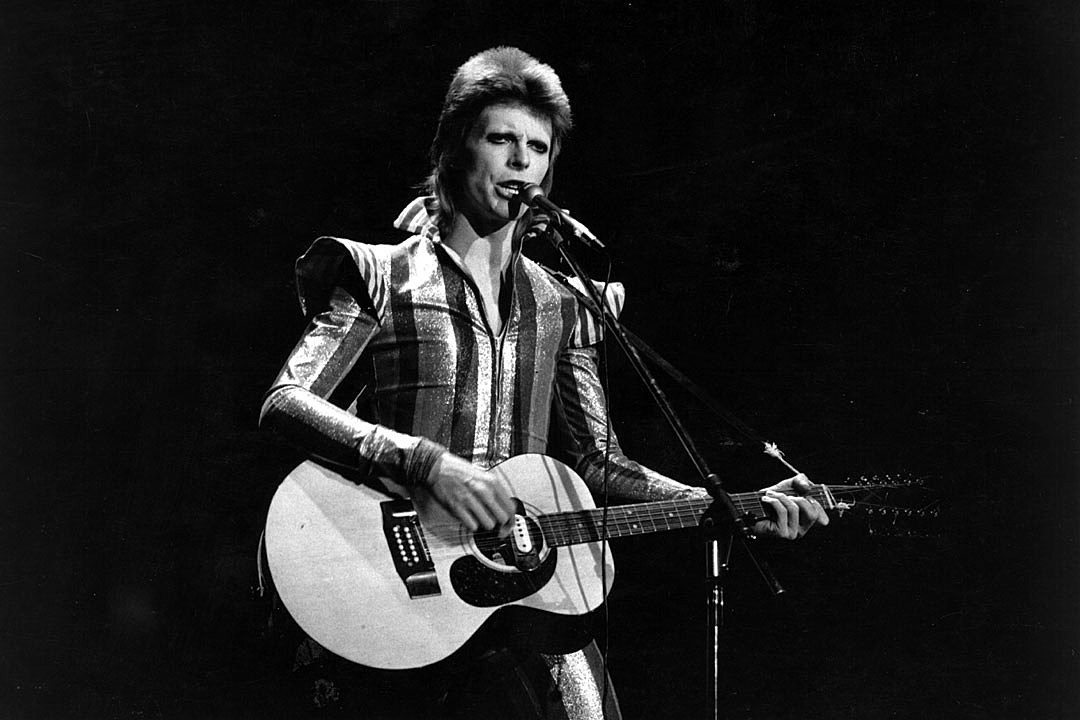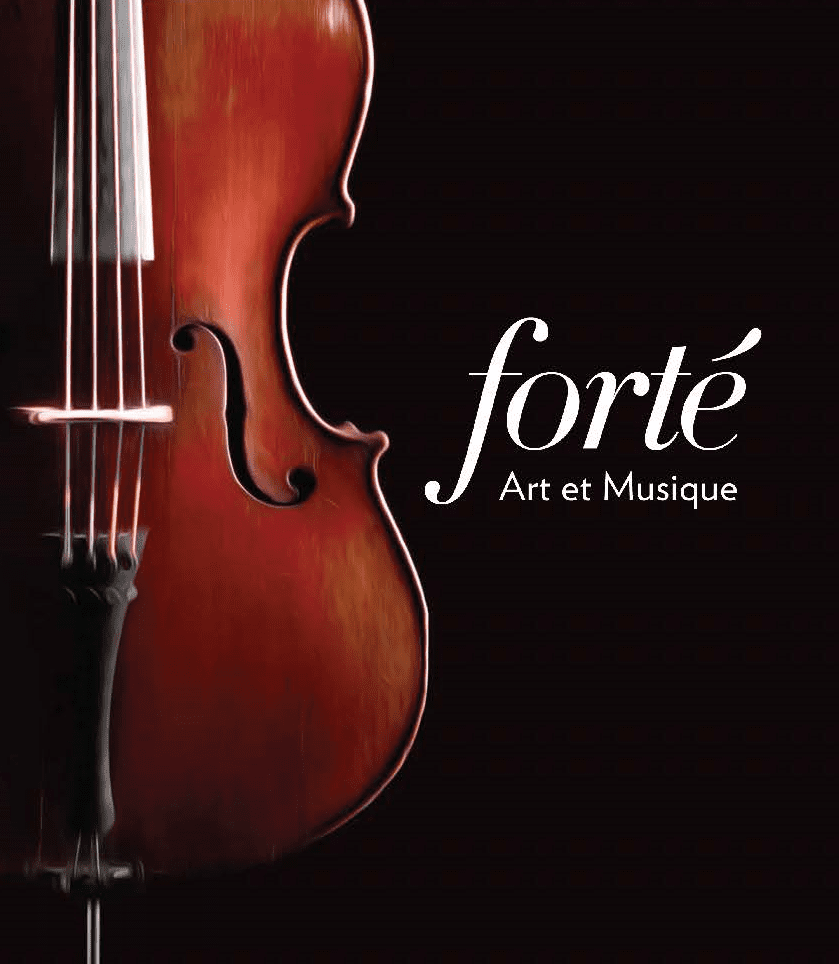
In the tumultuous backdrop of 1972, while Nixon, Watergate, and Vietnam dominated headlines, an avant-garde figure from Brixton emerged on American terrain. David Bowie, along with his alter ego Ziggy Stardust, was prepared to ignite the U.S., not with politics but with an unmatched brand of rock ‘n’ roll — a facet of Bowie’s American Revolution.
Cleveland was the chosen stage for this pivotal chapter of Bowie’s American Revolution. Though not the expected choice over musical hubs like New York or Los Angeles, Cleveland — the future nucleus of the Rock & Roll Hall of Fame — resonated with deep rock influences, making it the perfect portal for Bowie’s American awakening.
Ziggy Stardust’s performances were far more than mere song recitals. Each concert spun tales of politics, passion, and extraterrestrial estrangement. Illuminated in vibrant hues, the stage pulsed with fervor, meticulous moves, and a plethora of sequins. The Spiders from Mars, Bowie’s potent band, emitted sounds that seemed to echo in the universe. Concertgoers witnessed not just events but cosmic episodes, spellbound by this fusion of theater and rock encapsulating Bowie’s American Revolution.
This wasn’t just another music tour. Bowie’s stint reshaped American rock. Past concerts were intense, but Bowie infused them with narrative, drama, and artistry. It was an ensemble of sound, spectacle, and statement. Through Ziggy, Bowie deconstructed conventions, making lasting impressions on both artists and admirers.
Media and peers, alike, were rapt. The narrative was clear: a British icon wasn’t merely introducing a novel sound; he was pioneering a Bowie-inspired American Revolution in rock. His impact reverberated across future legends like Freddie Mercury, Prince, and Madonna, each imbibing from Bowie’s performative essence.
By 1973’s dawn, Ziggy Stardust would bow out, marking Bowie’s choice to retire this interstellar persona. Yet, the tremors of his American tour persisted. Amidst rock titans, Bowie had crafted a unique pedestal. The U.S. rock domain had witnessed Bowie’s American Revolution, and the vibrations from that transformational phase endure, paying homage to Ziggy Stardust’s legacy and David Bowie’s brilliance.





Leave a Reply